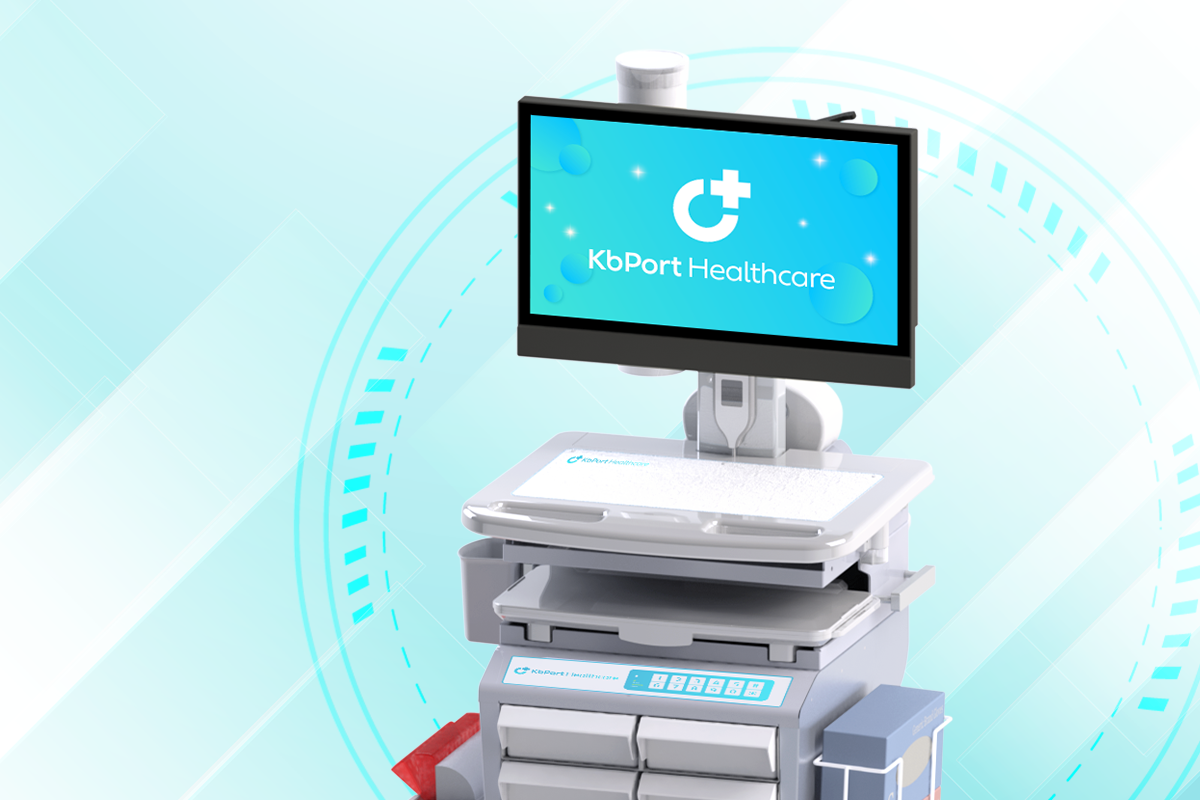Features to Look for in a Medical Equipment Cart

Healthcare facilities rely on many types of medical carts to provide adequate patient care, such as medication carts, point-of-care carts, isolation carts, and crash carts. Although each type fulfills a different purpose, all share a specific set of common features, and each must meet superior quality and safety standards.
Regardless of the cart types your medical facility needs, you must ensure that all your medical carts possess these must-have features.
High-Strength Materials
Whether your rolling carts are intended to carry computer equipment or medical supplies, your hospital staff is likely to push, drag, displace, and relocate them constantly, sometimes at speed or in a hurry.
On occasion, it means the cart may hit walls or obstacles, be used to traverse inadequate flooring or terrain, or generally endure periods of rough handling.
Your carts must employ durable, long-lasting materials that can handle the day-to-day life of a medical facility, preventing them from wearing out prematurely and falling apart in the middle of a shift.
One of the best choices is stainless steel. It is one of the most durable and cost-effective cart materials available, being more robust and less expensive than aluminum alloys, the most common alternative to steel.
Anti-Static Casters
The frantic, fast-paced nature of a typical care giving facility shift means that medical staff will push their medical carts over long distances. Without conductive anti-static casters, they would rapidly accumulate static electricity, increasing the chances of producing an electrostatic discharge (ESD).
ESD is a significant threat to virtually every rolling cart, especially if they possess onboard powered equipment like laptops and scanners, as it can cause considerable damage to any electronic component.
Even on medication carts containing nothing but patient medication, ESD is a risk, as it may cause electronic or biometric locks to fail or work incorrectly. Always ensure your carts are designed to prevent ESD damage by verifying they possess anti-static casters intended for use in emergency rooms and healthcare environments.
Security Features
There is no denying that rolling medical carts are valuable pieces of equipment for your staff members. However, what they contain may also be the target of unauthorized access, theft, or abuse.
For example, laptop and computer carts are fitted with expensive computing equipment, whereas med carts often contain large quantities of frequently abused drugs, such as opioids.
The best way to prevent unauthorized access is to fit locking mechanisms on your carts. Many mechanical and electronic locks are available to control access to the drawers and curtail drug diversion. Examples include standard mechanical locks, lock bars with padlocks, electronic keypads, keycard readers, and biometric readers.
Some medication carts even feature dedicated, secondary compartments with their own individual locking devices. These compartments are ideal for storing the most sensitive substances.
Additional security devices, such as laptop cable locks or steel wall tethers, can further increase your cart’s security by anchoring your equipment down and reducing the risk of theft.
Reliable Onboard Power
Most of your facility’s medical carts are intended to carry powered equipment, such as computers, monitors, scanners, printers, vitals monitoring devices, and more. However, these devices are useless without a way to keep them powered. Therefore, your carts must possess a reliable and long-lasting onboard power source.
Advanced battery technologies, such as Lithium-Iron-Phosphate (LiFePO4) chemistry and the FMCPT power system, make it possible for medical carts to carry long-term power. Each battery has a capacity of up to 9 hours, can be fully recharged in 4 hours or less, supports many quality-of-life (QoL) features, and can power virtually every piece of equipment on a medical cart.
KbPort Healthcare offers power options from Amstron, Elora, and UltraLife, depending on facility needs.
Some of the most popular QoL features include the following:
Hot-swapping
Allows medical personnel to swap out low batteries for fresh ones without tools or technical knowledge.
Dual-battery setups
With two batteries, a medical cart’s equipment may remain powered for up to 18 hours.
SOCI II indicators
Backlit power indicators inform personnel how much charge remains in each battery using colors and easily readable language.
KbPort Healthcare is Taking the Industry by Storm
KbPort Healthcare is an industry-leading pioneer in the field of medical equipment carts, having developed some of the most reliable and advanced cart technologies available on the market.
Whether you are looking for new medical carts, high-reliability battery systems, or are considering retrofitting your existing fleet, we can help. For more information or to request a free quote, contact us today.
OPENING HOURS
| Week Days – TX |
8:00 – 4:30 CT |
| Week Days – PA |
8:00 – 4:30 EST |
